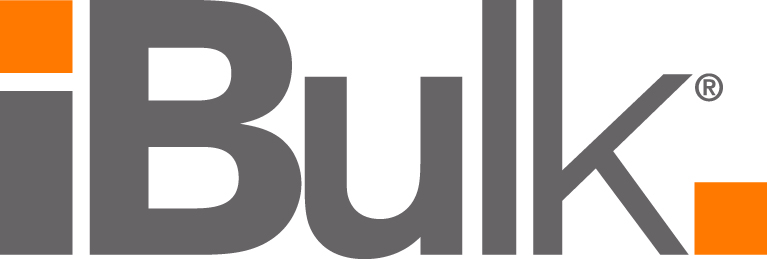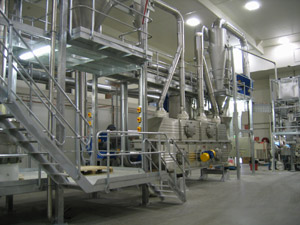iBulk Introduce Rotex High Capacity Mineral Separators to Australia
/ iBulk, one of Australia’s leading separation technology companies, recently announced the addition of the Rotex Mineral Separator and Megatex XD to their already impressive product range.
iBulk, one of Australia’s leading separation technology companies, recently announced the addition of the Rotex Mineral Separator and Megatex XD to their already impressive product range.
“The tendency for the process industry to want a greater capacity through screening equipment has been a common request in recent years,” said Tony Weber, managing director, iBulk Solutions. “We have seen mining screens increase in size and the “banana” styled screening machines that were once quite rare, are now more common place.”
The fine particle dry screening industry has not been resting on its laurels whilst these jumps forward in capacity have been taking place. Building on their strong relationship with Rotex Global LLC, iBulk has introduced the Minerals Separator and Megatex XD into its range to satisfy this demand.
“Three model series are available for a variety of general purpose and finer process screening applications,” explained Tony.
Included in the new range Minerals Separators are:
- 100 Series Screeners with 11.1 and 16.7 square metres of screen surface area.
- 200 Series Screeners with 19.5 and 26.0 square metres of screen surface area.
- 300 Series Screeners with 32.5 square metres of screen surface area.
“The iBulk Rotex Minerals Separator is ideal for applications in mined minerals and abrasives,” suggested Tony. “Their unique, vertical design allows operators to enjoy a higher capacity per square metre of cloth in a compact footprint compared with more conventional machines.
“The new range will provide superior performance in the separation of industrial sand and we’re confident of building our market share in this important industry segment,” he said.
In addition to innovative vertical design, the new Rotex Minerals Separators also have a number of other important features that set them apart from the competition including:
- Screen deck slope of 6o to meet demanding glass, filter and frac sand specifications and maximise screen efficiency.
- The external drive cartridge allows continuous operation up to 200oC.
- Abrasion resistant steel construction and “rockbox” landing areas for continuous impact on high-wear surfaces.
- Single or double inlet plenum options with sliding inlet connections and long life “Teflon” wear rings.
“We’re very excited about making these new products available in Australia and we’re confident that the unique design, high capacity and build quality will ensure their long term success,” added Tony.
For further information on the new range of Rotex Minerals Separators, contact iBulk® Solutions on (03) 9768 3955 or visit www.ibulk.com.au.

 iBulk: Tailoring Solutions for Clients Not Clients for Solutions
iBulk: Tailoring Solutions for Clients Not Clients for Solutions







